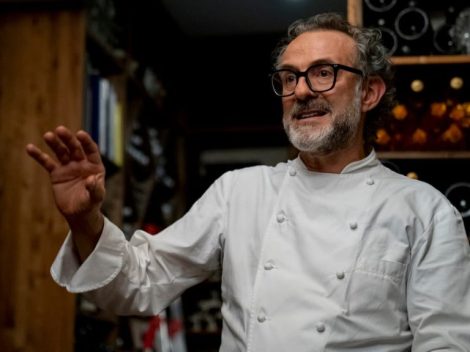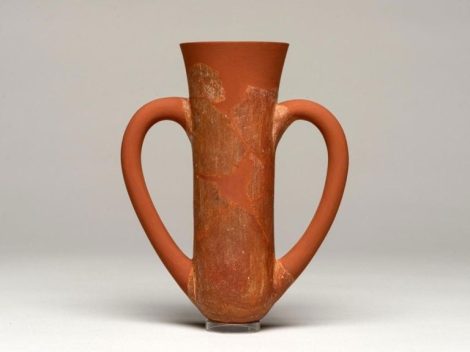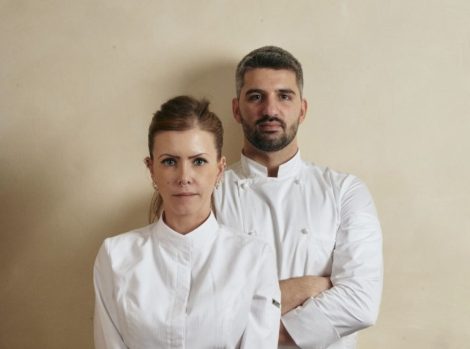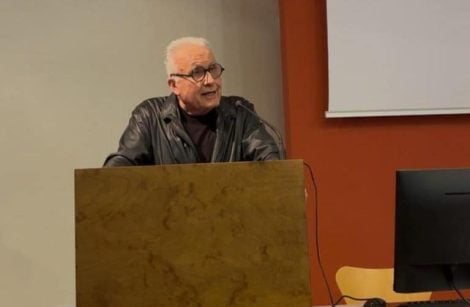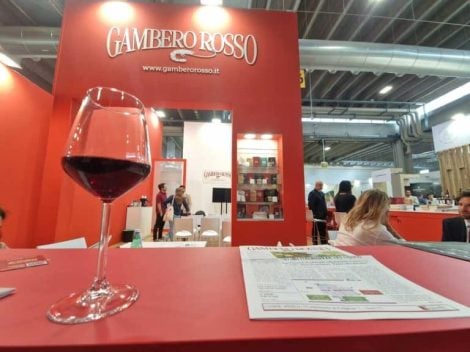"Non-alcoholic wine shouldn’t be condemned outright." This open-minded stance on a new category of wine comes from none other than Marchese Piero Antinori, one of the world’s most celebrated wine producers, who had previously remained silent on the topic. In an interview with Il Sole 24 Ore, Antinori gave what might be considered a quasi-endorsement during a period when the wine industry is awaiting the conclusion of Italy’s Ministry of Agriculture decree on the matter.
Following the recent support expressed by oenologist Riccardo Cotarella, another figurehead of the wine industry has adopted a pragmatic approach to a topic long overshadowed by ideological opposition. This contrasts sharply with the words of Camillo Langone in Il Foglio, who dismissed de-alcoholised wine as "the end of civilisation and Christianity"—a stance far from pragmatic.
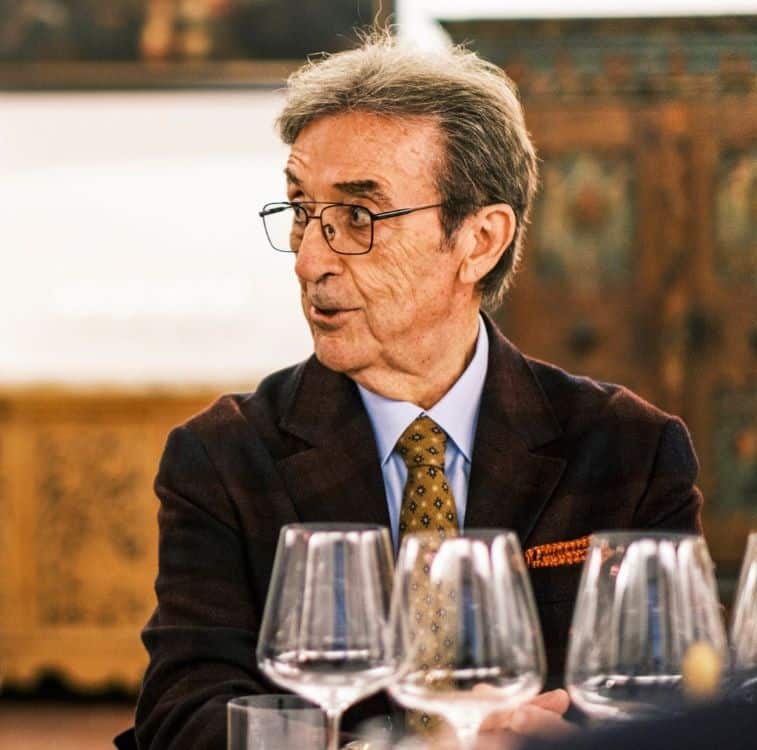
Non-alcoholic wine as a safeguard against vineyard uprooting
"Let’s be clear," the Marchese states in the interview. "I certainly don’t see it as an option for our company or our products, but for Italian wine as a whole, yes. It’s a rapidly growing market segment abroad. If we Italians don’t respond to this demand, others will."
As the 25th generation of winemakers in his family, Antinori has a clear vision of non-alcoholic wine’s potential: "It is still a beverage made from grapes, and it could be a way to channel surplus production of ordinary wines that struggle to find a market. This approach could help prevent vineyard uprooting, which some advocate for but which would impoverish areas of the country where there are no profitable alternatives to viticulture."
Antinori’s Call to Action
While admitting he would have preferred non-alcoholic products to be called something other than wine, Antinori makes an appeal to policymakers: "I ask that a clear definition be required on the label—whether they are called ‘de-alcoholised’ or ‘de-alcoholised wines’—with font size and clarity that guarantees the consumer is fully informed."
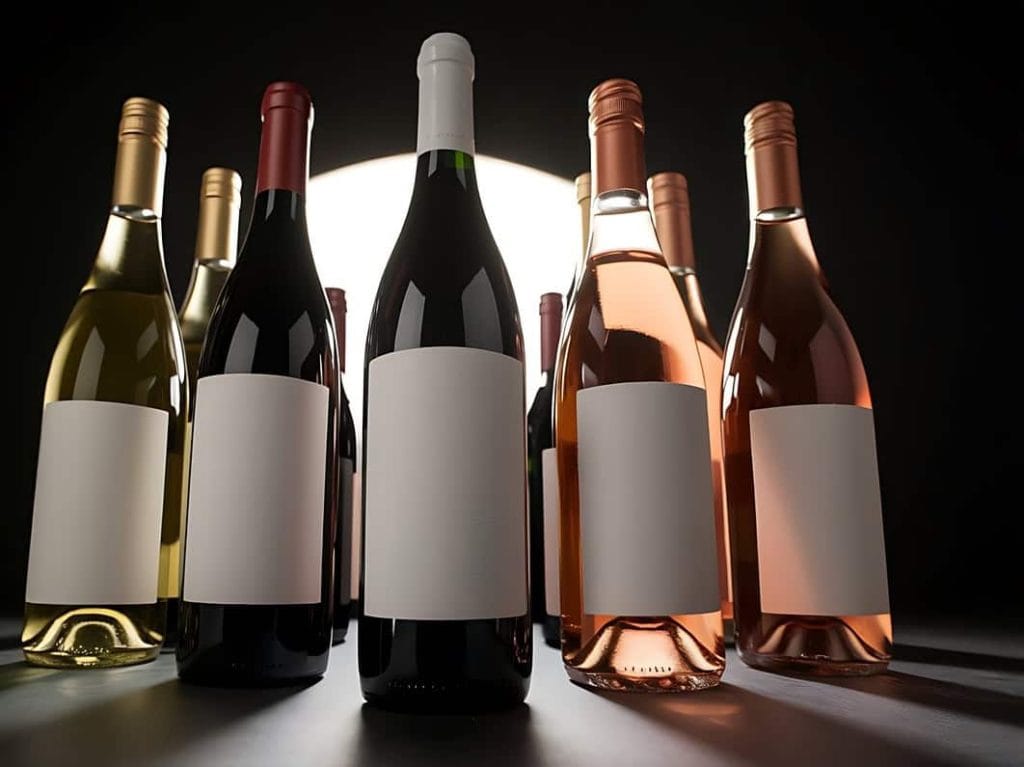
Non-alcoholic wine as a long-term strategy
Finally, Antinori reflects on low-alcohol wines, which he sees as "an additional arrow in the quiver of Italian wine. They shouldn’t be demonised." When asked whether this is just a passing trend, the Marchese—and the broader wine sector—can only hope for its longevity: "Frankly, I hope ‘Nolo’ wines aren’t a temporary fad and that they can be relied upon as part of a long-term strategy."

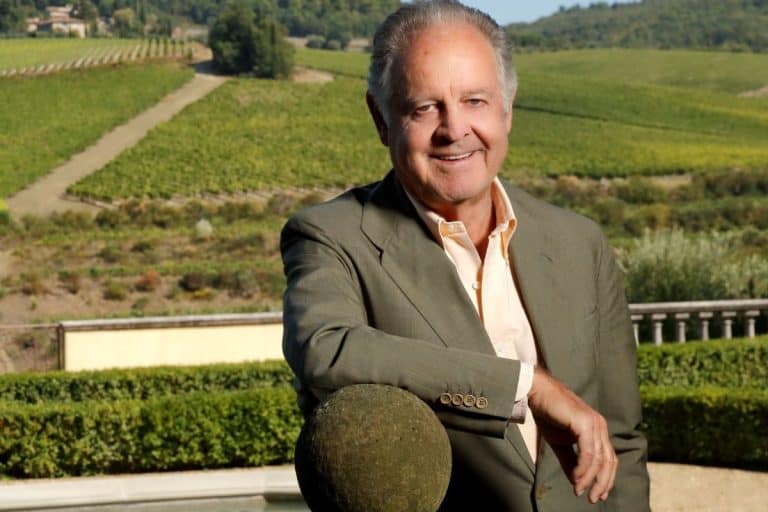
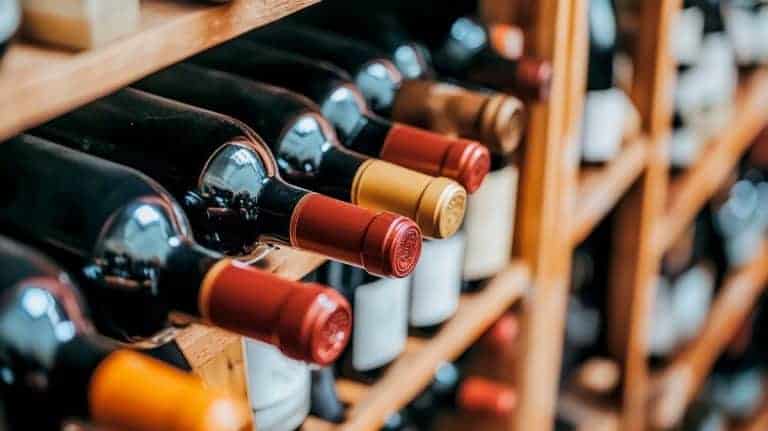 US tariffs: here are the Italian wines most at risk, from Pinot Grigio to Chianti Classico
US tariffs: here are the Italian wines most at risk, from Pinot Grigio to Chianti Classico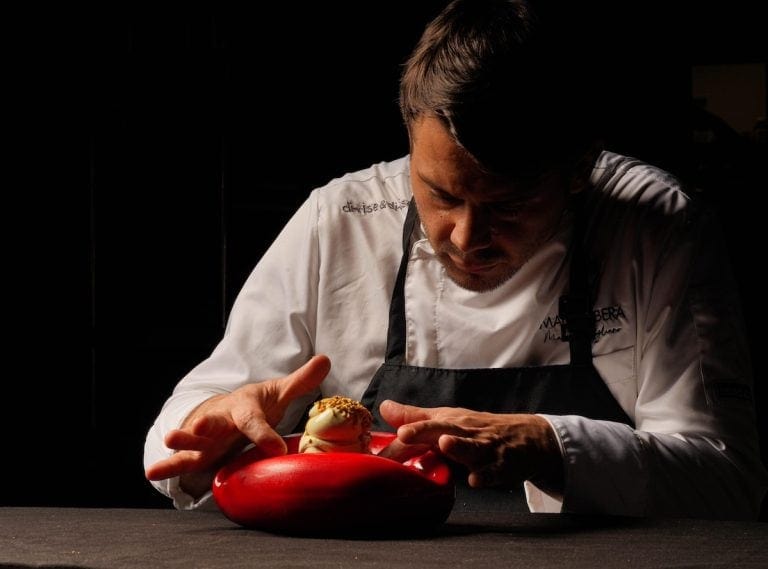 "With U.S. tariffs, buffalo mozzarella will cost almost double. We're ruined." The outburst of an Italian chef in Miami
"With U.S. tariffs, buffalo mozzarella will cost almost double. We're ruined." The outburst of an Italian chef in Miami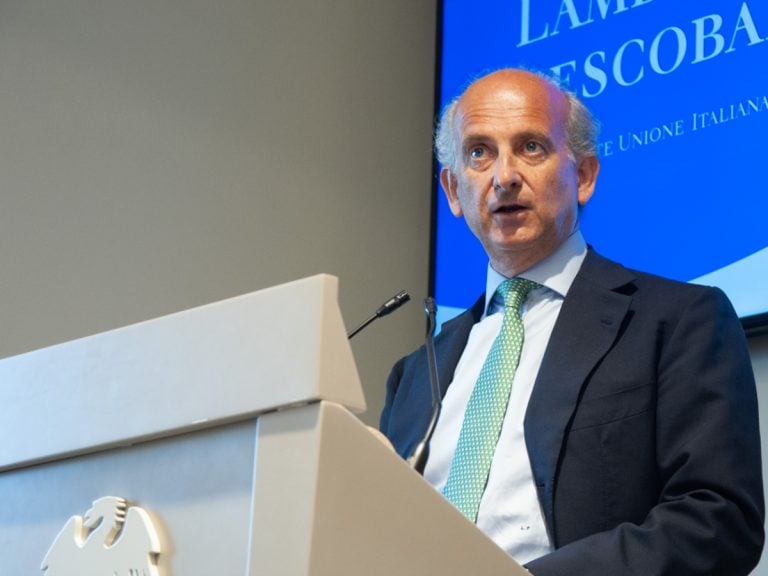 "With US tariffs, extremely high risk for Italian wine: strike deals with buyers immediately to absorb extra costs." UIV’s proposal
"With US tariffs, extremely high risk for Italian wine: strike deals with buyers immediately to absorb extra costs." UIV’s proposal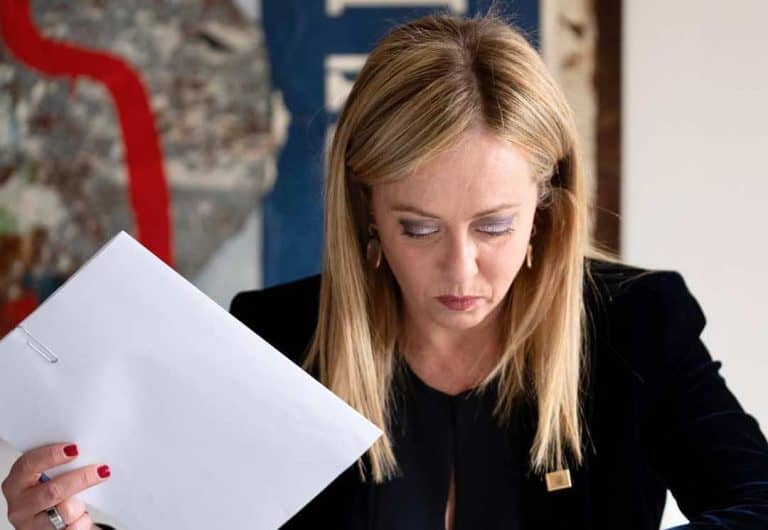 Meloni: "Tariffs? If necessary, there will be consequences. Heavy impact on agri-food sector"
Meloni: "Tariffs? If necessary, there will be consequences. Heavy impact on agri-food sector"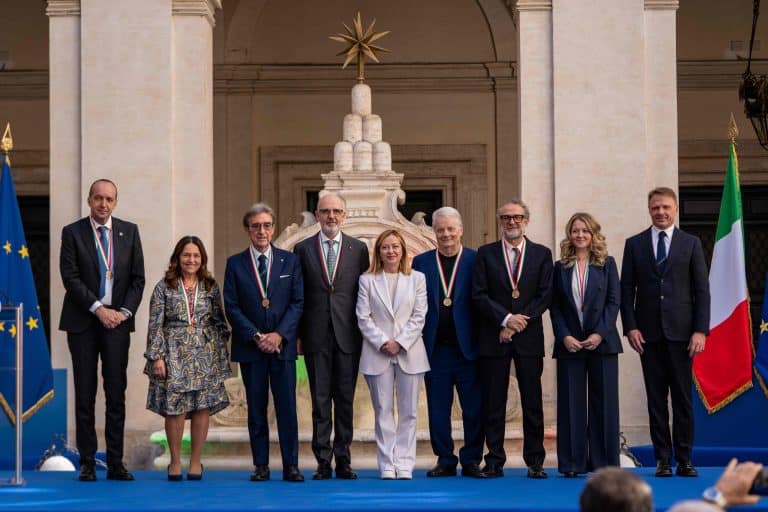 The Government honours the greats of Italian cuisine, from Bottura to Pepe. Massari: "Thank you, Meloni, the only one who listened to us"
The Government honours the greats of Italian cuisine, from Bottura to Pepe. Massari: "Thank you, Meloni, the only one who listened to us"